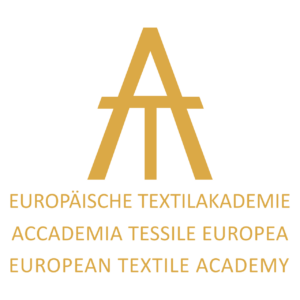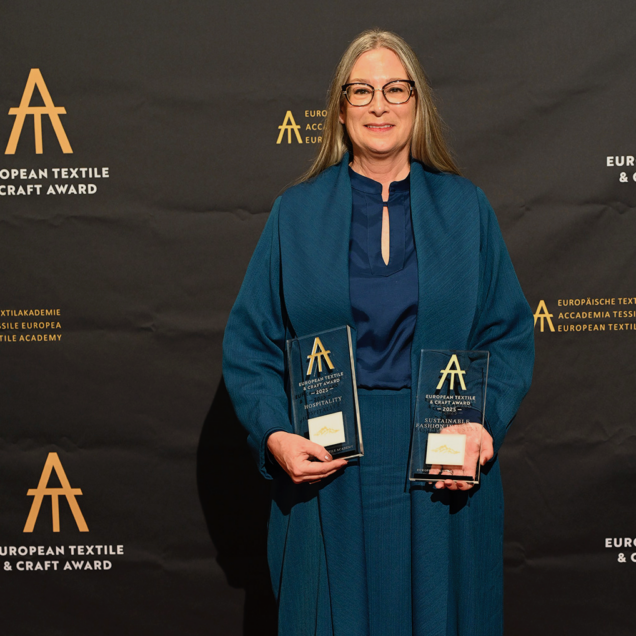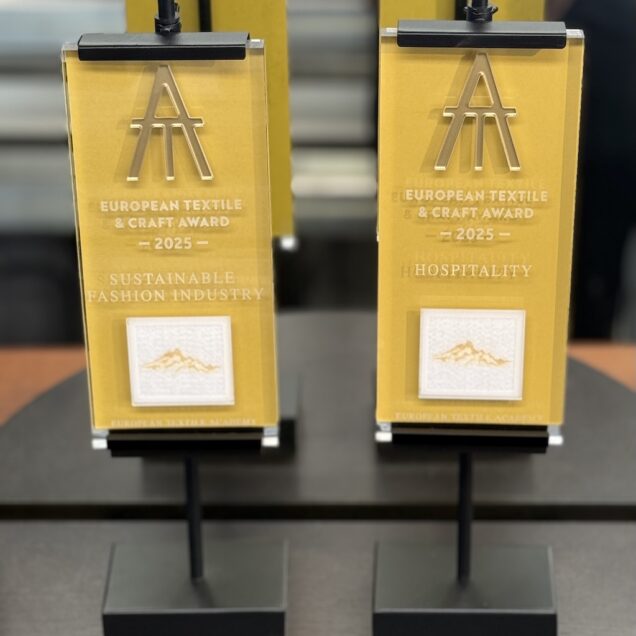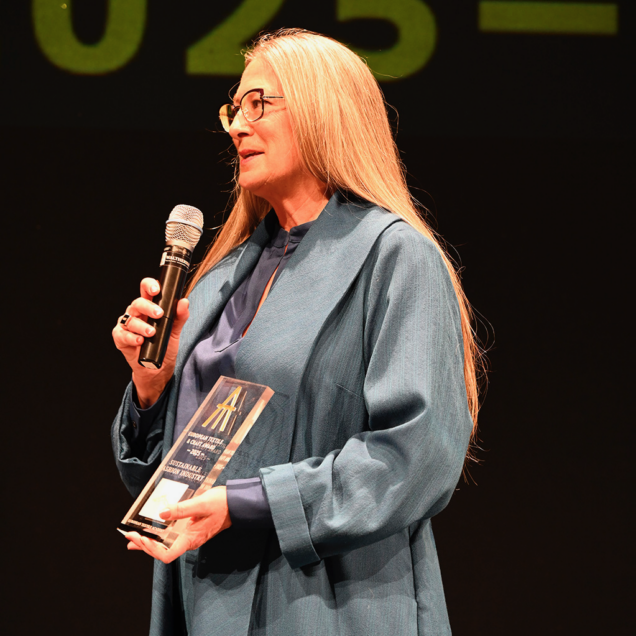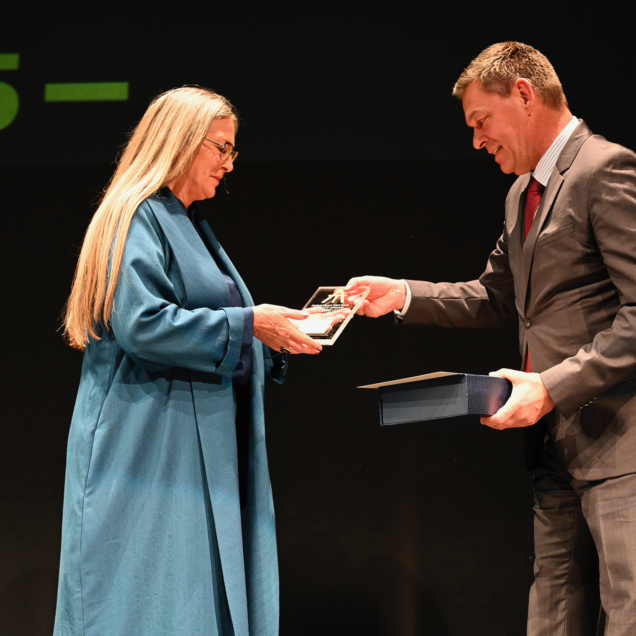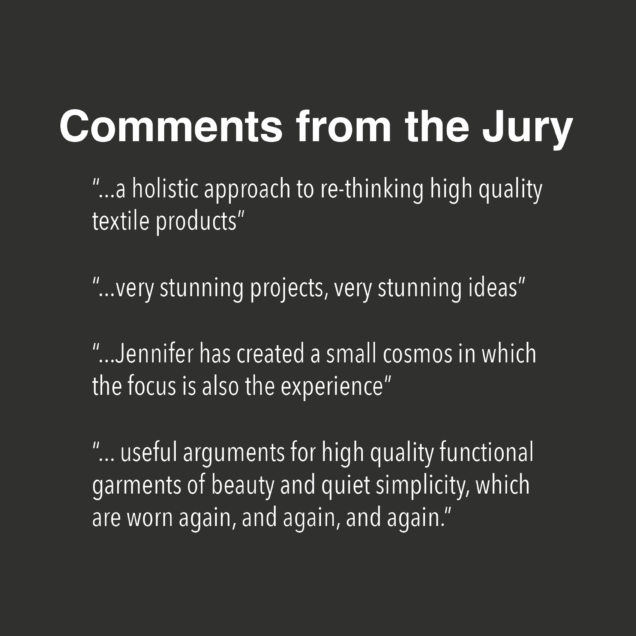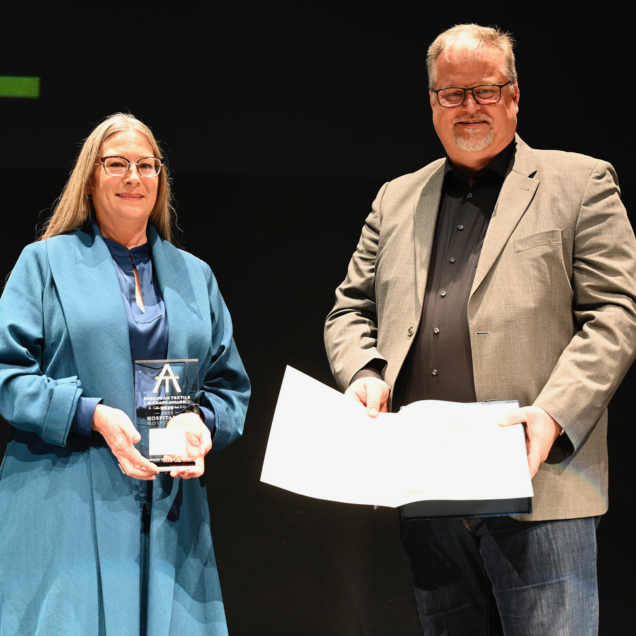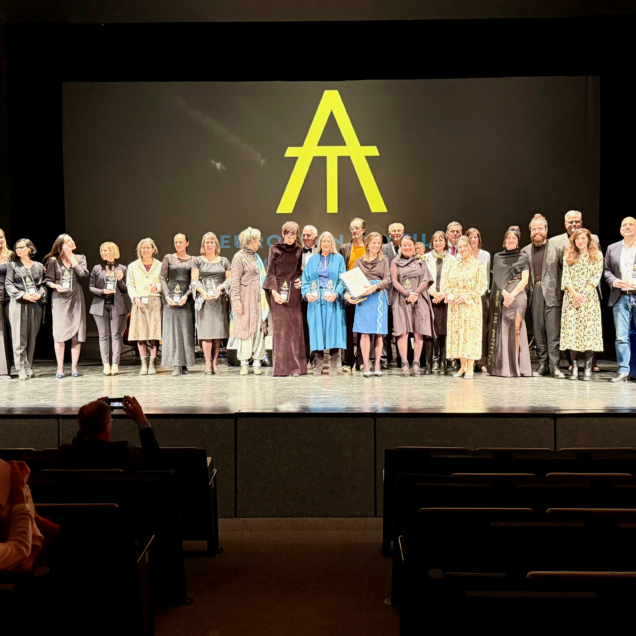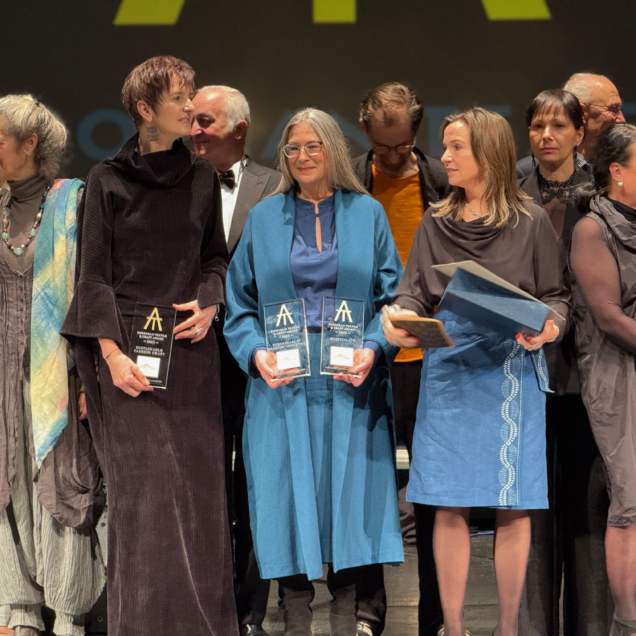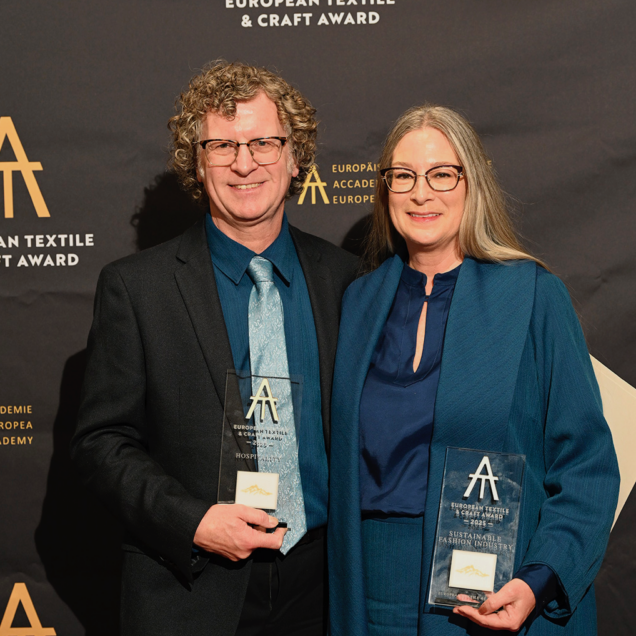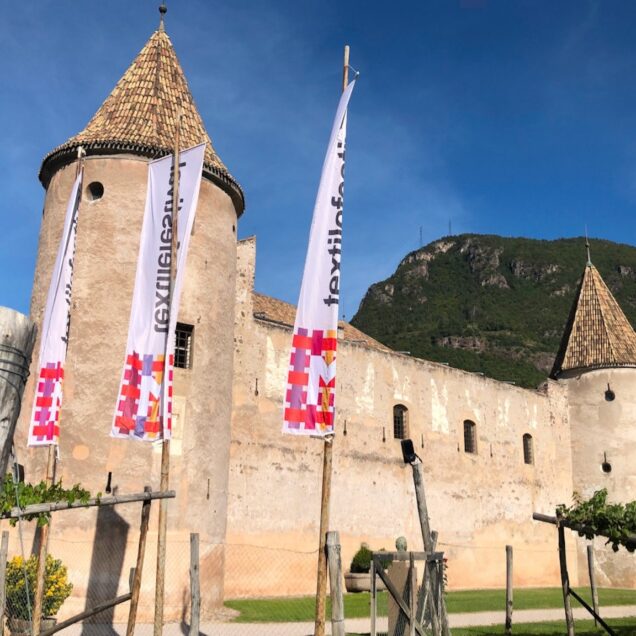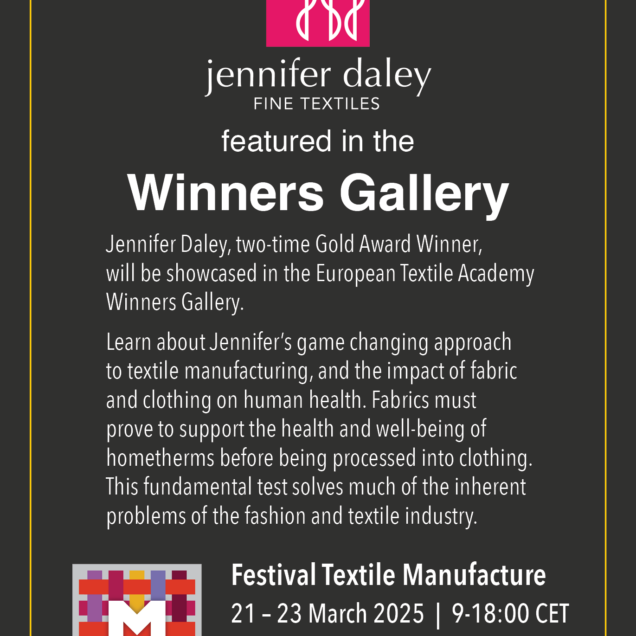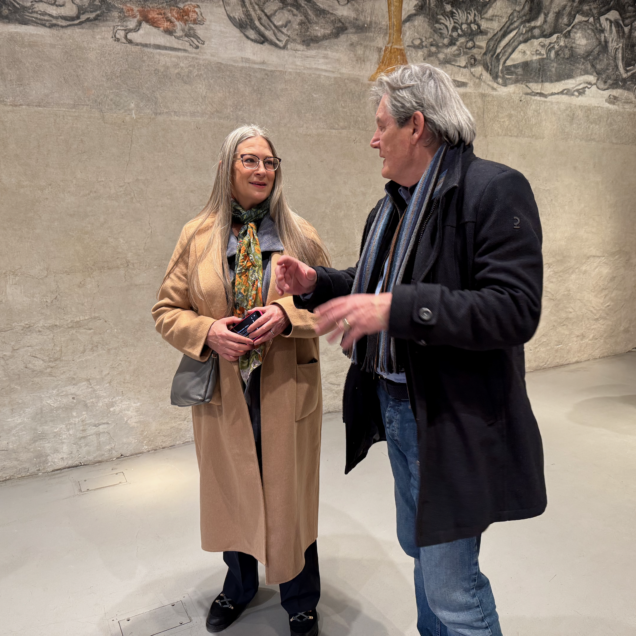Jennifer Daley earned two Gold Awards from the European Textile Academy for her outstanding work in ‘Sustainable Fashion Textile Industry’ and ‘Hospitality Textile Industry.’ The award ceremony took place on January 9, 2025 in Bolzano, Italy. The international Jury of leading experts awards pioneering achievements on innovative products following sustainability criteria and recognizing the superior quality of the products. The jury was highly impressed by Jennifer’s approach to textile manufacturing. She first asks one fundamental question: What fabrics are best suited to support the health and well-being of the human body’s homeothermic needs, for temperature and energy regulation? Fabrics must pass this test before being produced into products, this approach solves much of the inherent problems of the fashion and textile industry.
Weaving the Fabric of the Future
Jennifer Daley Fine Textiles is a research and development company that aims to re-frame the approach to fabric and clothing by asking one fundamental question: What fabric is best suited to support the homeothermic needs of the human body, for temperature and energy regulation? This approach prioritizes fabric and clothing for its physical protection and functionality first, and outward expression second. Healthy human-centric textiles are created by using primarily animal protein fibers. Wool, with its unparalleled properties, is at the core of these source materials.
Our approach is based on vertical manufacturing, in which the local sourcing of animal fibers is the basis for our enterprise. We disavow the primary use of plant fibers as unnatural to the homeothermic human body and as destructive to the planet. We create a streamlined wardrobe, curated for individual need, with the goal to reduce the inherent waste and destruction of fast fashion.
The result is beautiful, essential, high-value clothing and textiles for you and your home, that will be useful and good-looking for generations. Wool is the base material – in function and renewability – making it far superior to fossil-fuel based polyester, and functionally weak, Big Ag cotton. Textile visionary Jennifer Daley has developed textiles that fulfill both our personal needs and the political mandate to completely re-think the way we dress and use everyday fabrics.
Wearing the Fabric of the Future
We strive for excellence, a quality in each product that echoes our vision. We collaborate with top designers to create a custom garment for our clientele, the pattern for that piece is then used for personal production in a variety of fabrics. Add additional garments to your wardrobe without the initial cost of creating the pattern. We are able to lower the standard price-per-wear of less universal garments by creating designs of beauty and quiet simplicity making our garments timeless and something you will wear time and again.
Fabrics for Daily Life
In our quest to develop the best garment fabric, we decided to start with our signature wool-blended towel, since towels are the most fundamental fabric used on the body everyday. The success of the towel led to our entire line of garment and other fundamental home products such as bed sheets, bathmats, and baby blankets.
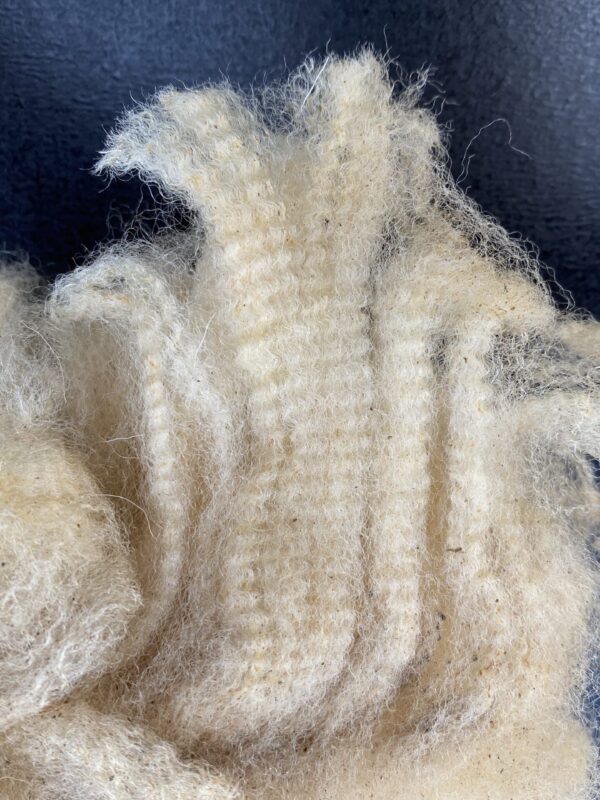
The Importance of Wool
Growing up in a large family with modest means, we lived off the land and sea, cultivating our family vegetable garden each year, and fishing, crabbing, and clam digging on the shores of the Atlantic Ocean.
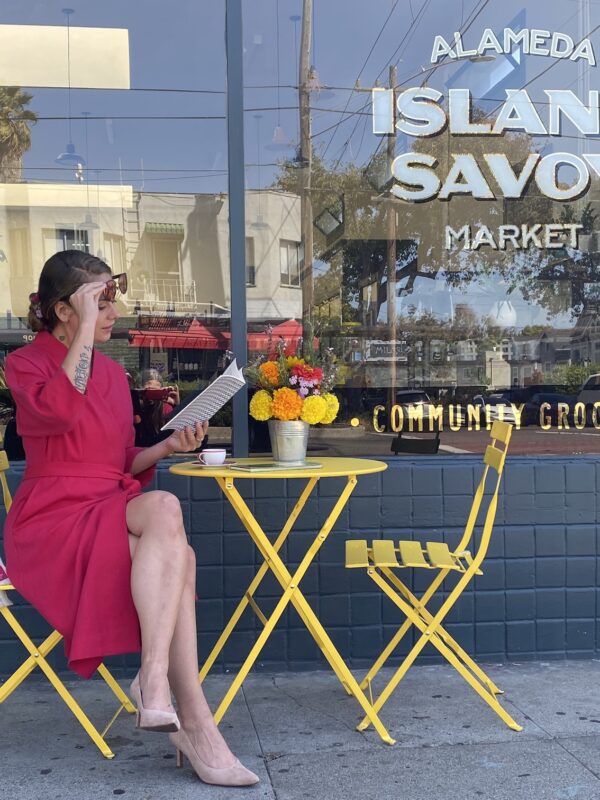
Foundational Wardrobe
My approach to fabric production starts with deciding what the end use will be. The fabric is designed and engineered using very specific formulas to achieve an appropriate density, hand, and drape to serve the garment, and ultimately the person wearing it.
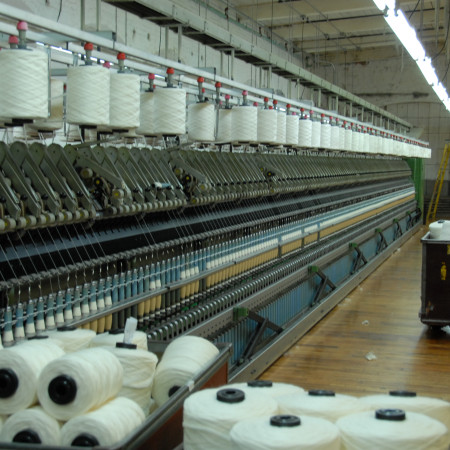
Challenging the Status Quo
I never thought I would be doing this. I thought the textile industry would evolve to improve fabrics for the benefit of the wearer. I definitely didn’t expect things to get progressively worse, especially in light of what we now know about climate change and the many factors that contribute to it. Not to mention one of the biggest contributors; the clothing industry.


